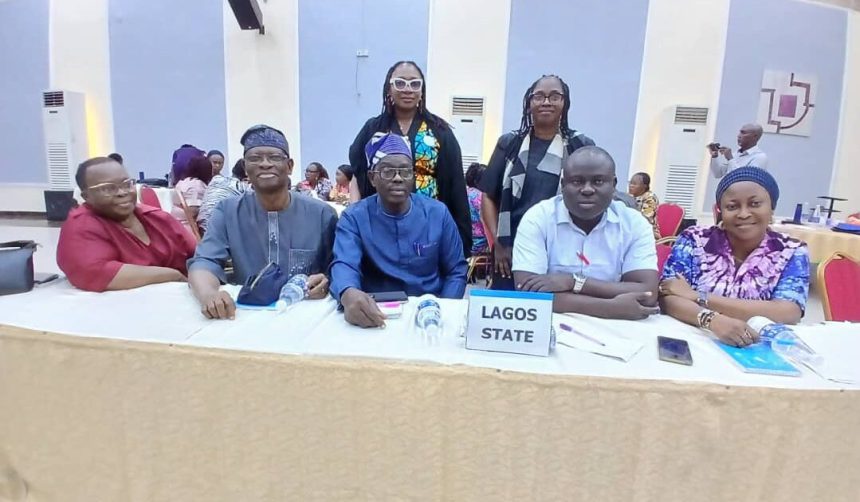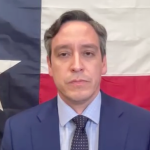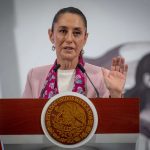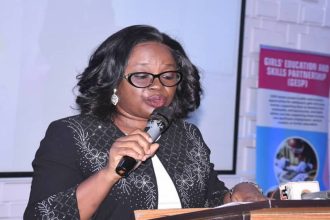The Oyo State Government, in collaboration with the United Nations Children’s Fund, convened a strategic capacity-building workshop with stakeholders from the South-West states and Edo State, aimed at strengthening community engagement and promoting Accountability to Affected Populations.
The two-day workshop held at Ibeju Lekki, Lagos State.
A statement by the Oyo State Commissioner for Information and Orientation, Dotun Oyelade in Ibadan, the state capital, on Friday, said the workshop brought together government officials, civil society organisations, community leaders and development partners to prioritise inclusion and feedback from communities while advancing the rights of children.
In his opening remarks, the state Permanent Secretary, Ministry of Information and Orientation, Rotimi Babalola, commended UNICEF for its continuous support and described the organisation as a long-standing development partner.
He praised UNICEF’s effort in programming for inclusion through Accountability to Affected Populations initiative, which targets critical challenges affecting marginalised and underserved population.
“As representatives of our various Ministries, Departments and Agencies and community groups, we must take this knowledge back home and advocate for better care and inclusion for women and children. It is a sacrifice we must make for a better society,” he advised.
Also speaking, the UNICEF Social Behaviour Change Specialist, Lagos Field Office, Aderonke Akinola-Akinwole, described SBC as a people-focused approach that uses community insights and data to understand problems and design effective, relevant solutions.
“SBC empowers people to take action and make positive changes in their lives. It’s not just about communication; it’s about involving communities in the process so that they can take ownership of their development,” she said.
Akinola-Akinwole urged participants to adopt SBC strategies to advance the rights of children in their states, noting that lasting progress happens when communities are actively involved as drivers of change.
In her presentation titled, Overview of Accountability to Affected Populations, UNICEF SBC Specialist, Abuja, Amina Bala, explained that accountability to affected populations is about ensuring the voices and needs of vulnerable groups are central to every intervention.
“AAP is not just about providing services, it’s about listening to communities, responding to their concerns, and ensuring they play a role in decisions that affect them,” she said.
She noted that when communities are empowered to provide feedback, it builds trust, improves service delivery, and ensures that programmes are truly responsive to their needs.
Bala, therefore, called on stakeholders to integrate AAP into state policies and programmes, and to establish systems that enable communities to raise questions, file complaints, and contribute to shaping interventions.









